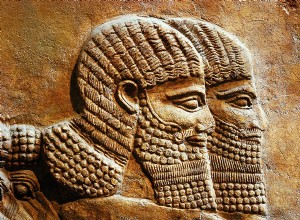April 30, 1773 (Ardres) - July 24, 1812 (Paris) Portrait of Dorsenne A volunteer in 1791, Dorsenne distinguished himself by his ardor in the Northern Army, becoming a captain there before going to the Rhine, then to Italy. His courage worked wonders during the passage of the Tagliamento (March




